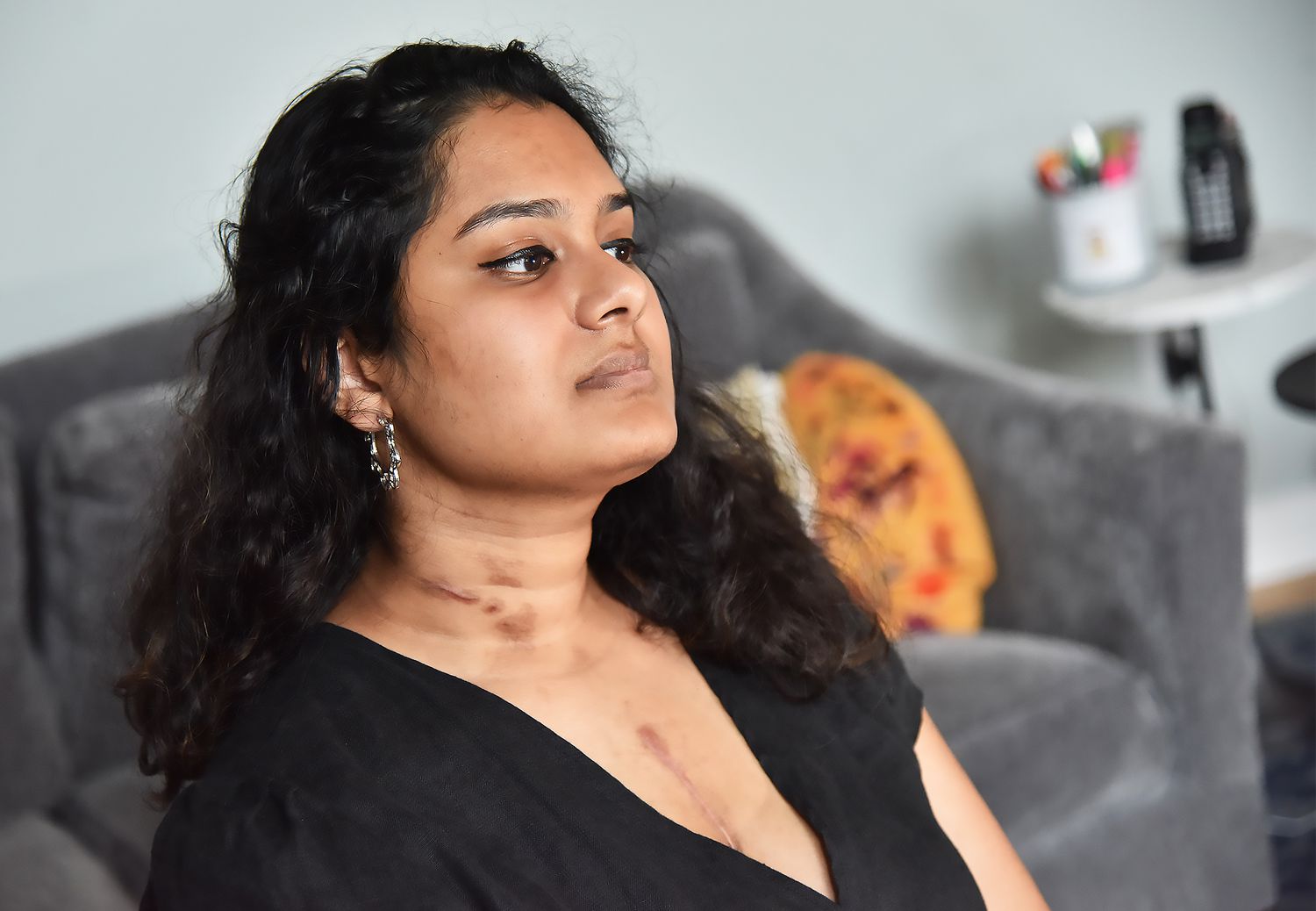25-Year-Old Medical Student Went into Heart Failure After Getting COVID: ‘I Did Think I Might Die’


In April, COVID-19 spread through Ramya Yeleti’s family. First, her cardiologist dad got sick, likely from work. He tried to isolate, but soon his wife was sick and in the intensive care unit. Then Yeleti’s sister and Yeleti got sick.
The 25-year-old medical student from Carmel, Indiana, thought that COVID-19 would be “no big deal” because of her age, she told Today. And that was true at first — after about three weeks of mild symptoms, she felt better and tested positive for antibodies.
But at the end of July, Yeleti developed a fever and fatigue. As a medical student working at medical centers, she called out sick to get tested for COVID-19, and it came back negative.
“Since I already had COVID I really didn’t think I had COVID again. There was no way I was reinfected. It was like a one in a billion chance,” Yeleti said. “I thought it was some nasty flu bug.”
Two days after her test, though, she started uncontrollably vomiting and experiencing chest pains. Yeleti’s father drove her to the hospital the next day, and her vital signs were alarmingly low. Doctors brought her to a trauma room and hooked her up to an EKG machine, which surprised Yeleti.
“As a young patient, I wasn’t expecting that,” she told the IndyStar. “It normally doesn’t happen to young patients, not for people who were young and just chilling.”

But the EKG machine showed that her heart was failing, and pumping at just 10 percent — well below the typical 55 to 65 of a healthy heart. At that point, Yeleti passed out, and remembers wondering if she would ever wake up again.
“The doctors were obviously freaking out. Something is really, really wrong,” she thought to herself at the time. “Then I passed out. I remember just thinking I hope my family will be OK. … I did think I might die.”
During the six days that Yeleti was unconscious, she was put on a cardiac life support machine, went on the heart transplant list and underwent open heart surgery. The doctors at Indiana University Health determined that she had myocarditis, a rare inflammation of the heart caused by a viral infection that can lead to heart failure, irregular heart beats and sudden death.
“There is no reason for a 25-year-old to have this,” Yeleti told Today.
She also tested positive for COVID-19 during her hospital stay, and while doctors are not sure if she was infected again — she also tested positive for a parvovirus — they believe that COVID-19 led to her heart problems.
“This hyperactivity causes the damage to the heart muscle,” Dr. Roopa Rao, Yeleti’s cardiologist at Indiana University Health, told Today.
Yeleti improved amazingly quickly after going on the cardiac life support machine, known as an ECMO, and was taken off of it two days later. It was then that doctors saw that one of her heart valves was damaged, requiring open heart surgery. But she improved rapidly, and was able to leave the hospital after 12 days.
“Her heart had come back to almost normal. That is very, very, very rare,” Rao said. “Within 48 hours, this is something I haven’t heard of or read. It was a miraculous recovery.”
Yeleti is now recovering at home and is still dealing with fatigue. She also will have heart inflammation for at least six months, a typical side effect of myocarditis. As she heals, Yeleti is telling people to “wear your mask.”
“I’m not saying this in an angry way, just in a sad way,” she said. “There are people who are suffering, please if you can wear a mask.”
As information about the coronavirus pandemic rapidly changes, PEOPLE is committed to providing the most recent data in our coverage. Some of the information in this story may have changed after publication. For the latest on COVID-19, readers are encouraged to use online resources from the WHO and local public health departments. PEOPLE has partnered with GoFundMe to raise money for the COVID-19 Relief Fund, a GoFundMe.org fundraiser to support everything from frontline responders to families in need, as well as organizations helping communities. For more information or to donate, click here.
Source: Read Full Article